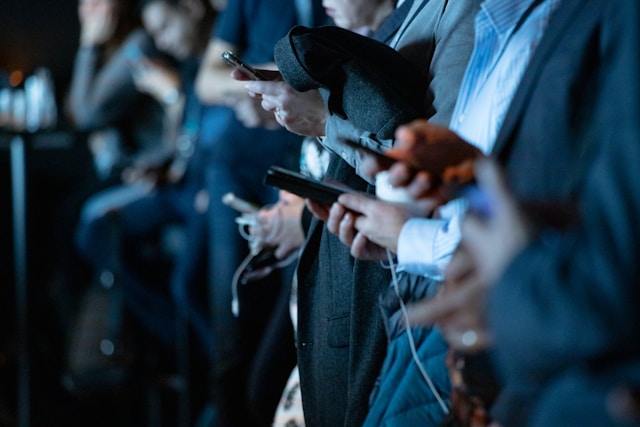In today’s digital age, social media is as ubiquitous as the air we breathe. Its influence spans across different aspects of life, profoundly impacting our daily interactions, access to information, and overall mental well-being. With millennials at the forefront of this digital revolution, understanding the complex relationship between social media and mental health has never been more vital.
The intersection of social media and mental health encompasses a wide array of experiences—some uplifting and others challenging. This post aims to explore this multifaceted topic, discussing the importance of mental health awareness in the digital age and offering insights into fostering a healthier relationship with social media.
The Positive Impacts of Social Media on Mental Health

Social media isn’t all doom and gloom. When used mindfully, it can be a powerful tool for promoting mental well-being:
Community Building and Support Networks
Social platforms offer unique opportunities to connect with like-minded individuals, creating supportive communities that were unimaginable just a few decades ago. For many, these online groups provide a sense of belonging, reducing feelings of isolation and loneliness.
Access to Mental Health Resources and Information
The digital age has democratized access to mental health resources and information, helping to destigmatize mental health issues and encouraging those struggling to seek help. Social media plays a significant role in this by amplifying the voices of mental health advocates and organizations.
Platforms for Self-expression and Destigmatization
Social media provides a platform for individuals to share their stories and experiences with mental health openly. This act of sharing can be therapeutic for the individual and enlightening for the audience, fostering a culture of empathy and understanding.
The Negative Impacts of Social Media on Mental Health

Despite its benefits, social media can also pose significant challenges to mental health:
Comparison Culture and Its Effects on Self-esteem
The curated nature of social media content can lead to unhealthy comparisons, eroding self-esteem and leading to feelings of inadequacy. This “comparison culture” creates unrealistic benchmarks for personal success, happiness, and physical appearance.
Cyberbullying and Harassment
The anonymity afforded by the internet can sometimes bring out the worst in people, leading to cyberbullying and harassment. The mental scars left by these experiences can be long-lasting and deeply affect one’s mental health.
The Impact of Curated Online Personas on Mental Well-being
The pressure to present a perfect persona online can lead to anxiety and depression. The disparity between one’s real life and online persona can also affect offline relationships and overall life satisfaction.
Strategies for a Healthy Relationship with Social Media
Navigating the digital landscape requires mindfulness and intentionality. Here are some strategies for maintaining a healthy relationship with social media:
Setting Boundaries and Managing Screen Time
Creating specific times when you’re free from social media can help mitigate its impact on your mental health. Setting boundaries around usage can lead to more meaningful offline interactions and activities.
Curating a Positive and Supportive Online Environment
Actively choose who you follow and interact with online. Surrounding yourself with positive, uplifting content can significantly impact your mental well-being.
Being Mindful of the Content You Consume and Share
Before scrolling or sharing content, take a moment to consider its impact on your own mental health and that of your followers. Strive to contribute to a positive, supportive online environment.
The Role of Advocacy and Awareness
Mental health advocates play a crucial role in shaping the conversation around mental health on social media. By sharing stories, providing resources, and fostering open conversations, they pave the way for greater understanding and support.
Conclusion
The relationship between social media and mental health is complex and multi-dimensional. While social media can be a source of support and connection, it also poses significant challenges to mental well-being. By adopting a balanced and mindful approach to social media use, we can enjoy its benefits while minimizing its potential drawbacks.
We encourage you to share your thoughts and experiences regarding social media and mental health. Your insights can help build a more supportive, understanding, and engaged community.
Check out our previous article on The Ultimate Guide to Mastering Internal Linking for SEO
